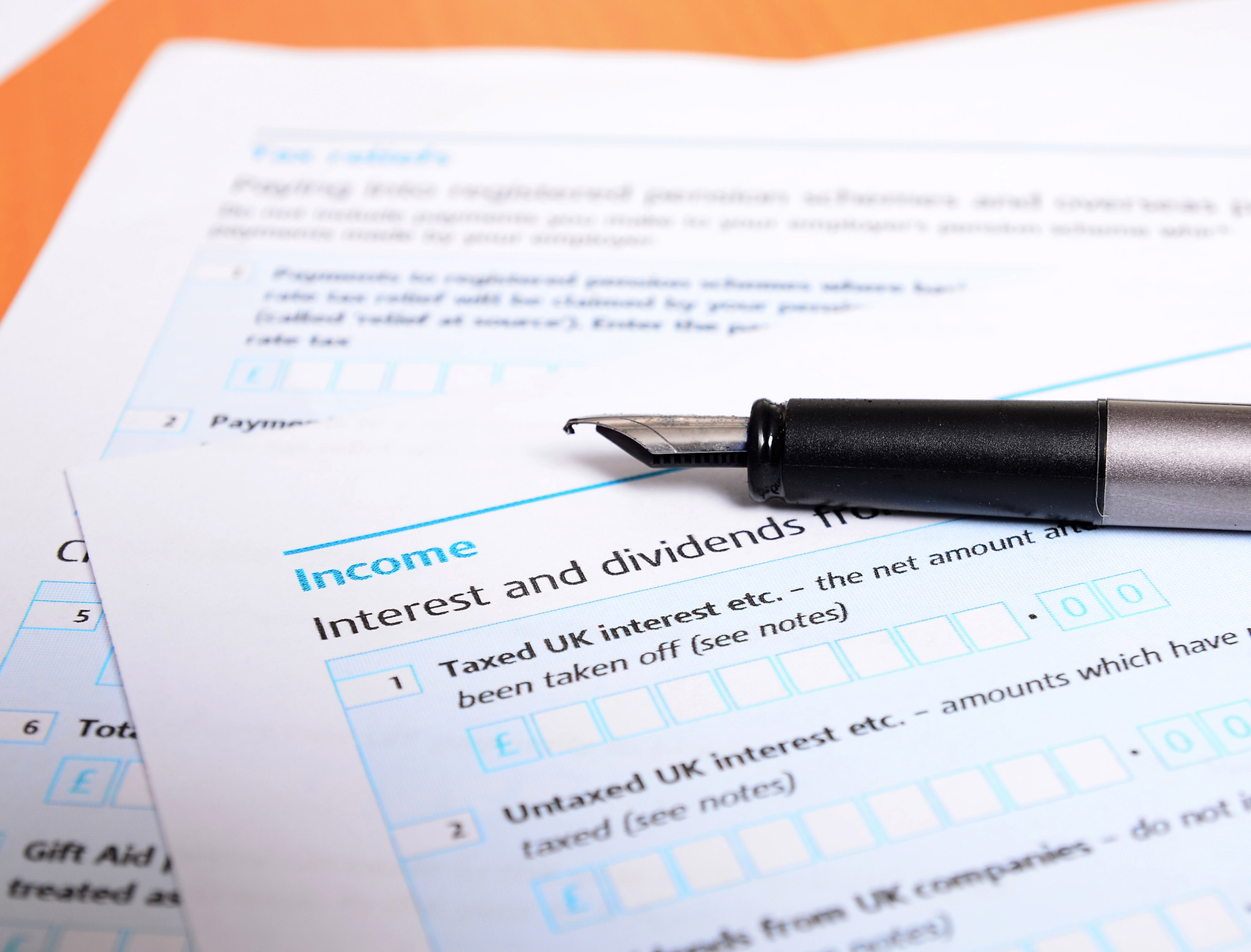This content is for information and educational purposes only. It should not be taken as financial advice or investment advice. To receive tailored, regulated financial advice regarding your affairs please consult us here at Hanson Financial Services (financial advice in Liverpool).
Many investors are concerned about how the planned rise in dividend tax (by 1.25%) from April 2022 will affect their equity investments. Yet less has been said about how the change will affect business owners. In this article, our team at Hanson Financial Services (financial advice in Liverpool) explores this in more detail. We hope you find this content useful and invite you to get in touch if you’d like to discuss your own mortgage or financial plan with us.
A recap of the changes
It is important to first remind about the current dividend tax landscape in the UK, and what this will be updated to in April 2022. Currently, in 2021-22, the dividend tax rate you pay depends on your income tax bracket. Those on the Basic Rate face a rate of 7.5%. Higher Rate taxpayers face 32.5% and those on the Additional Rate 38.1%. From April 2022, each of these rates is set to go up by 1.25%. So, respectively, the rates will rise to 8.75%, 33.75% and 39.35%.
The current dividend allowance rules will stay the same, which let you earn up to £2,000 per tax year in dividends before tax is applied. You will also still be able to protect dividends from tax by putting shares within an ISA; up to £20,000-worth each tax year. Although the latter may not help a business owner receiving dividend income from his/her company (since this cannot be put in an ISA!), the former will still provide a degree of protection on your dividend income.
Effective tax rates
Business owners face a distinct set of challenges when working out their taxes. Since they own a business, everything left over in the company (after tax etc.) belongs not only to the business, but also to them. This means that not only does a company owner need to consider income tax and national insurance (NI) when working out their liability, but also corporation tax, employer’s NI and dividends. The new “health and social care levy” introduced by the Government adds an extra complication to the mix – raising the tax on employer’s NI, employee NI contributions and dividends by 1.25%.
This leads us to the matter of “effective tax rates” for business owners when taking a dividend or salary. Currently, in 2021-22, for Basic Rate taxpayers this is 25.08% for dividends and 40.25% for salary. Those on the Higher Rate pay 45.33% and 49.03%, respectively. This situation often leads business owners to take a small salary (to maximise their personal allowance) and then the extra amounts are taken as dividends, to save on tax. From April 2022, these effective tax rates will change – with the effective tax on salary increasing higher than that on dividends. As such, the present income strategy typically adopted by business owners is likely to remain an optimal one – perhaps more so.
Consider the bigger picture
Although business owners are likely to continue benefiting from a lower effective rate of tax on dividends from April 2022, the new tax landscape may represent an ideal moment to evaluate your overall strategy for withdrawing income from your business.
One option is to consider your pension contribution strategy. Remember, if you make pension contributions then these can be treated as a business expense – saving on corporate tax. You can also save up to 13.8% on National Insurance. This saving should rise to 15.05% from April 2022 when the new levy is introduced.
Moreover, given that corporation tax rates are set to go up even more from April 2023 (from 19% to 25% if your annual profits exceed £250,000), the rationale behind this strategy is likely to grow even stronger in the years ahead. Just bear in mind that any funds you lock away in a pension will be inaccessible until you turn age 55 (expected to rise to 57, in the future). So, you need to be sure that you do not need the money immediately.
You should also consider your wider financial goals when deciding how to take a salary and/or dividend income from your business. For instance, if you wish to take out a mortgage in the near future, bear in mind that a lower salary is likely to affect how much you are able to borrow. For such a person, therefore, it might make sense to increase your salary – despite the extra tax hit involved – to help you in your application. However, make sure you seek professional advice before making any big adjustments to your income strategy – since these could affect other goals and aspects of your financial plan, which you may not be aware of.
Conclusion & invitation
Are you interested in talking to a financial adviser about your financial planning needs? We’d love to assist you here at Hanson Financial Services.
Please contact us to arrange a consultation with our team – free and without obligation – to gain more clarity and peace of mind over your financial plan.
You can call us on:
Liverpool Office: 0151 708 7616
Manchester Office: 0161 401 0991
Chester Office: 01244 960 039
Or email via: [email protected]



